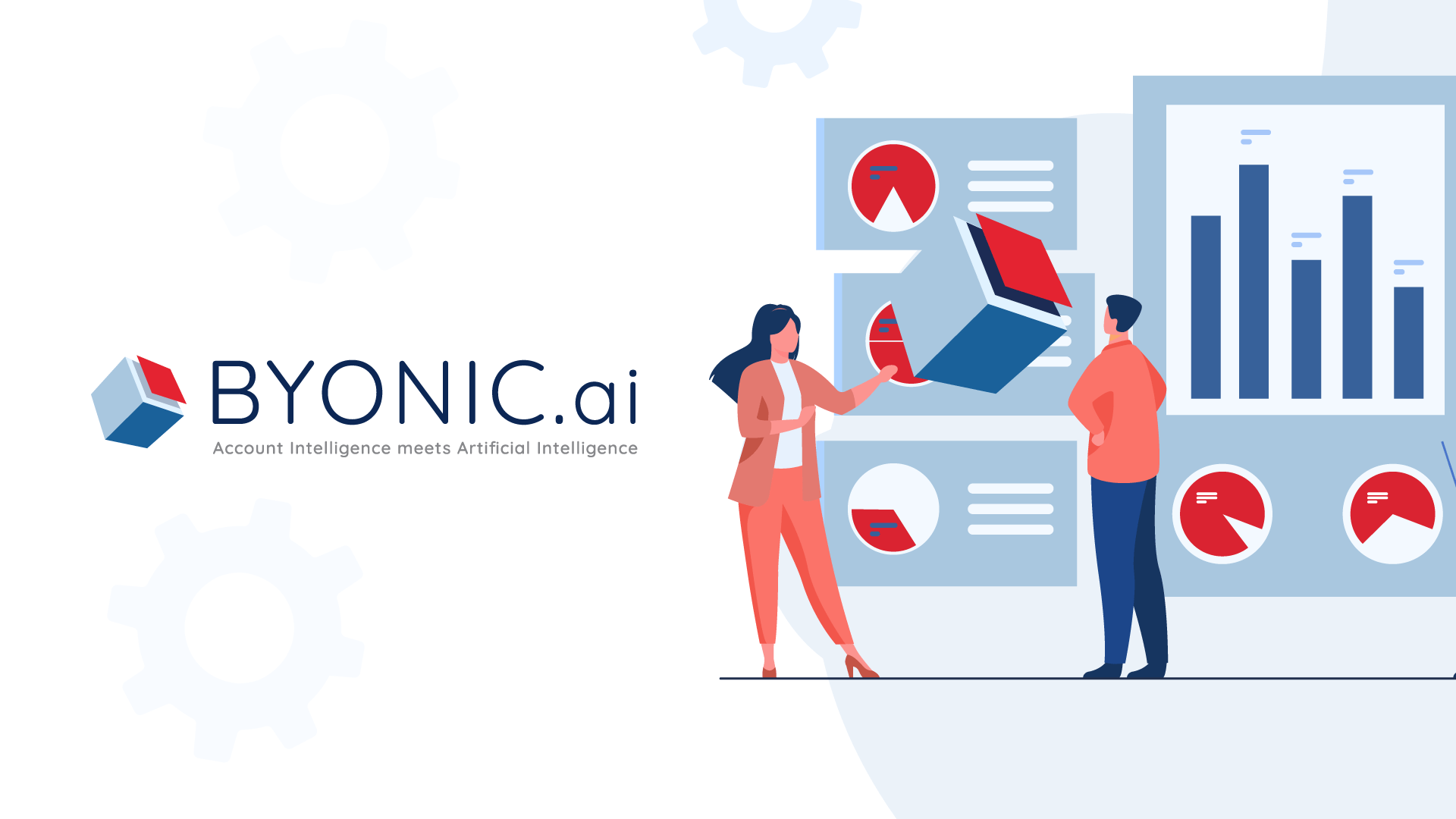Artificial intelligence (AI) is a field of study that focuses on developing intelligent machines that can think and respond like humans. It has a lot of potential for digital marketing in the future. Organizations are increasingly turning to AI for cutting-edge applications that provide multiple overarching benefits.
As a business owner or marketer, it is time to identify your business’s problems and how accurate insights can solve these issues.
In this article, we have gathered AI data in digital marketing into one place that will help you get precise insight.
1. Machine Learning and Continued Learning
Machine learning techniques assist digital marketers in discovering valuable information from massive amounts of big data.
Machine Learning tools in digital marketing help identify market trends, forecast demand, and provide personalized services to customers. As a result, AI marketing’s Machine Learning tools and algorithms enable marketers to perform revenue-generating operations.
2. Smart Advertising on Social Media
Many social media platforms have built-in advertising systems that brands can use to enhance their marketing operations results. You no longer have to struggle to develop compelling captions and images for your ads when AI tools can do this work for you.
AI can also analyze your ads’ performance and make recommendations to fuel your campaigns’ effectiveness and drive better results. Due to AI, companies will no longer have to waste their marketing budget on ads that don’t work. You can target prospects and customers with the right message at the right time and get them to convert quickly.
3. Bot and AI Chats on Your Website
Businesses are interested in AI and adopting digital transformation to modernize customer communication and improve internal processes. Artificial Intelligence (AI) is playing a significant role in 2021 as it is being adopted by many businesses and enterprises.
There are many benefits of using AI chatbots on your websites as they are always available. According to the research, over 50% of customers expect a business to be available 24/7. They are designed to reply instantly and consistently. Chatbots are not limited to shopping; they can also be used for repetitive tasks such as arranging meetings and researching a topic.
4. It Reduces Marketing Costs with the Best ROI
Artificial intelligence can fully or partially automate time-consuming and labor-intensive tasks that are causing your team to become overwhelmed. As a result, your marketing operations will require less workforce, and you’ll be able to utilize your ad budget properly.
Thanks to the data-driven predictions and decisions you make, your campaigns are bound to generate impressive results that contribute to revenue growth.
5. Increased Personalization for Customers
Artificial intelligence (AI) developed marketing strategies, and approaches have evolved drastically over a few years.
In this fast-moving world, marketers need to work fast to keep up – but on the plus side, they have a lot of opportunities opened up for them to be creative. Personalization used to be an excellent option for marketing, but today, it must create a positive customer experience.
Businesses can make a positive, personalized journey for their customers by micro-segmenting them, providing them with highly relevant content, leveraging omnichannel data, and leveraging AI.
Personalization improves the customer experience, resulting in higher customer satisfaction, increased revenue, and long-term loyalty.
6: Refined Content Delivery on Social Media
Using artificial intelligence to track your Audience’s social media interests and preferences will give you a clear understanding of how to appeal to them by creating content they’ll want to engage with and share.
Artificial intelligence allows businesses to gain a better understanding of their target audience and their preferences. They’ll be better equipped to create content that entices their interest and compels them to take the desired action.
7: AI Can Decide Content to Create and Where to Show It
You can use AI to help you decide what content to create and when, how, and where to publish and distribute it. The whole process can be done with a single click.
By outsourcing these repetitive tasks to marketing software, you can increase your productivity and focus your efforts on strategic marketing planning, face-to-face customer interactions, and other areas where humans excel over computers.
AI marketing automation platforms allow you to segment your customer base and target different groups with the most appropriate marketing strategy.
You can improve customer experience and strengthen customer relationships by segmenting customers based on their location, the pages they visit, or their buying preferences.
8: Automated Marketing Process
Much like automation, artificial intelligence applications make it possible for machines to complete fundamental human tasks. Visual perception, speech recognition, decision-making, and adaptability are common skills that AI is currently imitating.
Marketers can create many campaigns and journeys without worrying about which one to send to each customer next because of AI. Marketing automation can be improved by using AI models to quickly identify all available campaigns for each customer and determine the following best action for them.
9: Processing Big Data
Big data is a broad concept that encompasses data collection from a variety of sources. It is a valuable tool for running digital marketing campaigns. Big data enables digital marketers to segment large data sets and send personalized content to customers conveniently via a chosen communication channel.
10. Understanding and Predicting Customer Behavior
When AI and consumer behavior are closely related and used together, they provide valuable insights. To survive in the marketing world, AI is being used to analyze customer online buying behavior.
Customers are compelled to check out the brand’s offers due to new AI features behavioral marketing such as customized marketing messages.
The use of AI appears to be speeding up the growth of behavioral marketing. Chatbots, personalized feeds, and machine learning tools that track behavior have turned marketing on its head, with traditional methods no longer bringing the needed results. Artificial intelligence is something on which marketers can rely, and it benefits both brands and customers.
11: Better Business Intelligence
Users can derive meaningful insights from raw data with the help of business intelligence. To help organizations make more data-driven decisions, business intelligence (BI) incorporates business analytics, data mining, data visualization, data tools and infrastructure, and best practices.
The value of traditional business intelligence is undeniable. This practice’s ability to be nimble and scale as new norms are adopted is restricted in an environment where increasing competition, speed, and the need for accuracy are required.
More importantly, our blind spots may be hindered by allowing what has worked to continue to be the go-to solution. Because of this, we tend to miss critical insights that would have been apparent under an AI framework.
12: Better User Experiences
People prefer to do business with companies that offer excellent customer service. Customer satisfaction and retention, on the other hand, begin with getting to know your customers.
You will be able to understand your audience’s preferences and get closer to them by incorporating artificial intelligence into social media.
This gives companies an edge to create content, target ads, and make product or service changes to enhance their users’ experiences.
You can identify problem areas and fix them right away and respond to issues and complaints promptly to provide the best user experience.
Conclusion
Artificial intelligence (AI) is becoming more pervasive, a basic understanding of the technology is essential for long-term business success. Whatever role you hold in your business, understanding AI may help you solve problems in new and innovative ways, saving time and money. It may also assist you in developing and designing future products and services with a low or no budget.
Want to start implementing some of these best practices for artificial intelligence into your enterprise? Contact Byonic.AI today for a demo and get assistance in prioritizing AI-based solutions for greater results. Schedule a call today.




